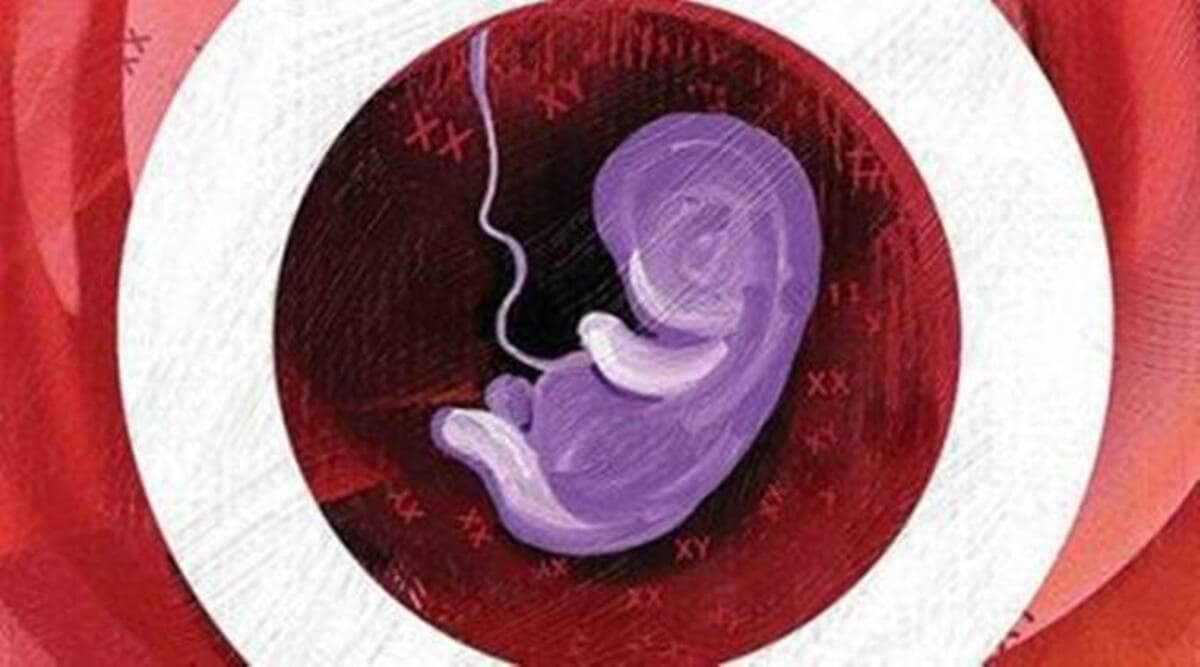 One can imagine why not-so-privileged young girls try to terminate their pregnancies with unscientific DIY methods, sometimes with fatal consequences — because they could not find a doctor who would end their suffering with a simple procedure just because they are not married. (File)
One can imagine why not-so-privileged young girls try to terminate their pregnancies with unscientific DIY methods, sometimes with fatal consequences — because they could not find a doctor who would end their suffering with a simple procedure just because they are not married. (File)My first visit to a gynaecologist’s office was around a decade ago. It was not for me: A friend of mine had missed her period and was worried that she was pregnant. We booked an appointment with a top gynaecologist in the small town we lived in and walked confidently into her office — two unmarried women, working in the media, seemingly in control of their lives, and their bodies. Inside the doctor’s chambers, our sass was punctured. The doctor, a soft-spoken woman who spoke perfect English, asked my friend, “Are you married?” “No, but…” Before my friend could proceed, the doctor went on to list the possibilities behind her delayed period. She spoke so fast and stoically that we barely got a word in, the fact that she was joined by an assistant devoid of any expression didn’t help matters either. The doctor came up with a diagnosis without so much as touching my friend, and sent us packing but not before asking again: “You’re not married, right?” Once outside, both of us let out the breath we had been holding throughout, looked at each other and said, almost in unison, “Dude, what was that!”
My friend never bought the prescribed medicines and mercifully, got her period within the next two days. It’s been a decade and I still shudder to think what might have happened if my friend had been pregnant and taken those medicines. Did it not occur to the doctor, even once, that an unmarried woman in her mid-20s could have sex? And if this is how she left the two of us feeling, what would be the fate of teenage girls who had the misfortune of visiting her?
The interaction took place ages ago, in a tier-2 city, but the reality is not very different in the so-called cosmopolitan centres either. Conversations among any group of young women would reveal the horrors that are visited upon an unmarried woman visiting a gynaecologist. There seems to be no end to their fixation with our marital status. Recently, one even wrote a long thread on Twitter on why marital status was essential information, panning “woke” women for raising “unnecessary” hue and cry. Every now and then, a list of “ethical” gynaecologists who only treat you for your specific problems without checking your hands for a wedding ring, does the rounds. Isn’t it sad, the fact that such doctors are exceptions instead of being the rule? It must also be mentioned that most of these doctors are not exactly affordable so where are women from less privileged families supposed to go? Not everyone has Rs 2,500 to spend on not being asked an uncomfortable and absolutely irrelevant question. And did I mention that even a princely sum won’t spare the probing into your personal life? A fancy gynaecologist I went to last year for general sexual wellness did not ask me about my sex life but only because her assistant outside had already done so, helpfully writing in my form: Unmarried (SA). No, those two letters do not stand for South Africa.
All this despite my privilege. One can imagine why not-so-privileged young girls try to terminate their pregnancies with unscientific DIY methods, sometimes with fatal consequences — because they could not find a doctor who would end their suffering with a simple procedure just because they are not married.
One can’t help but marvel at the world of difference in the attitude of doctors towards women who are married and those who are not.
The small-town doctor that I mentioned before is great apparently. Two of my close friends have had their babies through her and they couldn’t rave enough about how great and understanding she was. Why did the same understanding not extend to women who were unmarried and did not want a baby, I wondered. How are both sets of demographics so different?
In light of such unsavoury memories, the recent Supreme Court verdict making it clear that women pregnant up to 24 weeks have the right to safe termination of pregnancy, no questions asked, has far-reaching consequences. The top court unequivocally stating that “it is the right of every woman to make safe reproductive choices without any outside interference” will come as a relief to many of us. Because is this not what we have been crying hoarse about all along? Please let us be in charge of our bodies, thank you very much.
Now with the Supreme Court on our side, can we also request medical associations to conduct a refresher course for gynaecologists and bring them out from under the rock where so many of them seem to have been living?
deepika.singh@expressindia.com